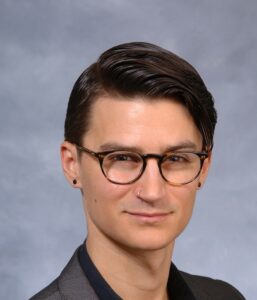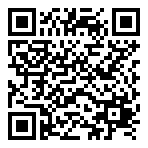Bioethics and The Very Concept of Disability

Joel Michael Reynolds
Testimony by persons with disabilities concerning the relationship between their experiences and overall well-being has long been an object of social scientific and humanistic study. Often discussed in terms of “the disability paradox,” these studies contrast the intuitive horribleness of certain impaired states against the testimonial evidence suggesting that people in such states do not in fact experience their lives as horrible. In this talk, I discuss whether and how the concept of disability itself may contribute to this “paradox” and why this presents serious issues for bioethicists as well as medical practitioners. I focus especially on the three related problems; overgeneralization, hypo-cognition and dehumanization. I argue that for disability bioethics to progress, a far more nuanced and complex conceptual architecture of disability is needed.
Register here

